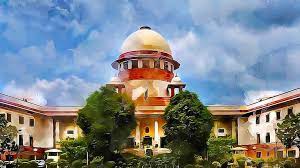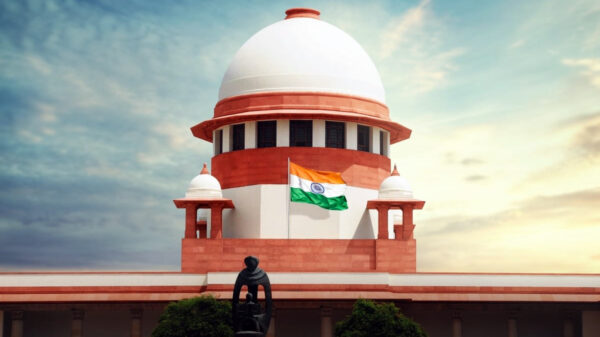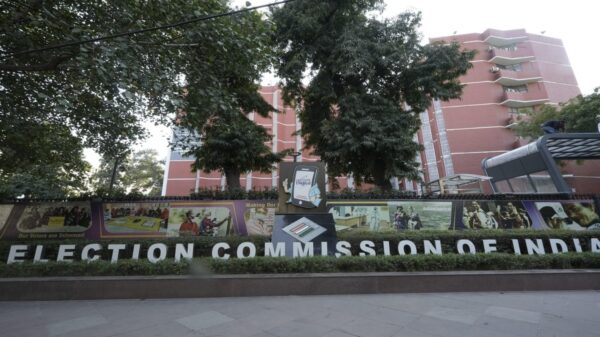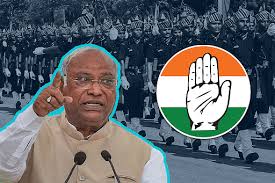Last Updated on July 4, 2022 by
Written by Vidisha Mathur
In a recent interview with LiveLaw, PDT Achary expressed his view regarding the anti-defection law as per the 10th schedule of the Constitution, in light of the political happenings in Maharashtra. He stated that the law, as provided by the Supreme Court in the 2016 case Nabam Rebia v Deputy Speaker, should be reviewed as it possesses potential for mischief.
He claimed that the capacity of the Speaker to disqualify the members of the assembly, though not the main issue of the case, was decided on by the Supreme Court, nevertheless.
The Court based its decision on its interpretation of the phrase ‘all the then members’ as given in Article 179(c) i.e., the constitutional provision regarding the vacation, resignation, and removal of the Speaker/ Deputy Speaker; pronouncing that it forbade the Speaker from continuing any proceeding regarding the disqualifications of any MLA.
The Apex Court had observed that “Any change in the strength and composition of the Assembly by disqualifying sitting MLAs, for the period during which the notice of resolution for the removal of the speaker or the deputy speaker is pending, would conflict with the express mandate of Article 179(c) requiring all the then members to return to determine in the right of the speaker to continue.”
Achary disagrees with this interpretation, stating that the constitution specifies many different types of majorities but does not suggest such an intention anywhere. He believes that phrase ‘all the then members’ is meant to refer to all the members that remain after the vacancies created by the disqualifications.
He contends that the interpretation given by the Apex court is flawed, as anyone now may make a motion of no-confidence against the Speaker to prevent him from deciding a disqualification petition. The Speaker is a high constitutional authority and his removal procedure cannot be trifled with.
As for the situation in Maharashtra, Achary claims that the aforementioned law is not applicable, because herein the Deputy Speaker rejected the motion i.e., no motion is pending against the speaker as was in the original case. Also, for such a motion to be made, the house must be in session – but herein when the notice was sent, it was not.
He also criticized the Top court’s interference with the Deputy Speaker’s proceedings at the interim stage and its order that the floor test will be subject to the final order of the court.




























